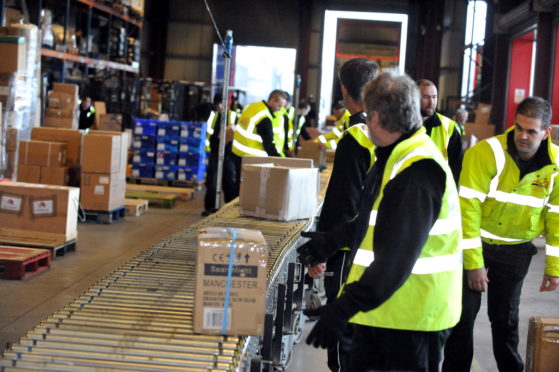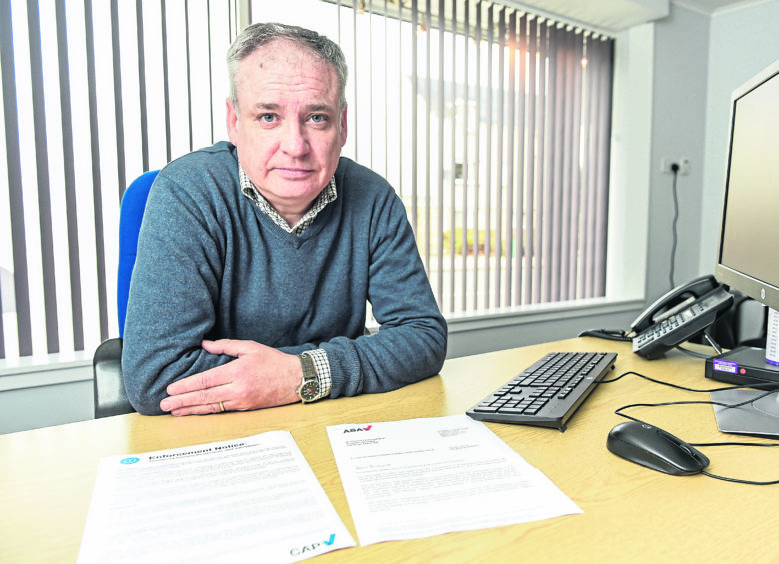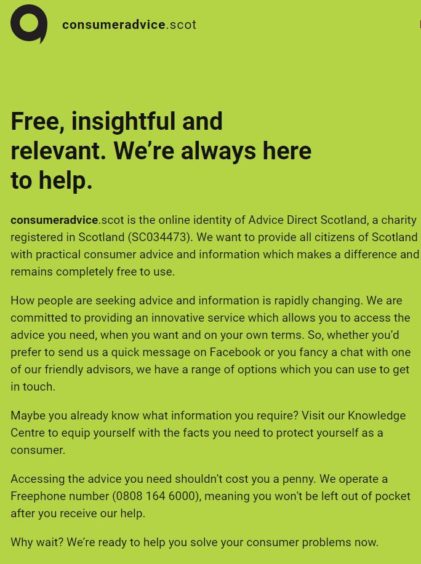A new consumer service has joined forces with Highland Council Trading Standards to challenge unfair and hidden delivery charges.
The consumeradvice.scot initiative, launched in April, is now providing free advice on delivery law and is urging shoppers to report misleading advertising and sales tactics.
The “rip-off” delivery charges paid by customers in Scotland’s remote and rural areas have been a matter of long-standing concern.
Earlier this year, the Scottish Parliament Information Centre (SPICe) calculated that additional parcel delivery surcharges cost Scotland an extra £38 million a year, compared to the rest of the UK.
Moray SNP MSP Richard Lochhead has been campaigning against the charges, which are often added after purchase. In other instances, details of the charges are buried in small print delivery information that can be missed when an item is purchased.
According to the Office for National Statistics, rural areas accounted for one-in-six online purchases in the UK in 2017. However, people residing in these areas pay an average of approximately 30% more for delivery than elsewhere in the UK.
Highland Council Trading Standards is working with consumeradvice.scot – the online identity of the Stornoway and Glasgow-based Advice Direct Scotland charity – with the support of the Scottish Government.
>> Keep up to date with the latest news with The P&J newsletter
Chris Cowles, an adviser with the site in Stornoway, said: “As someone who lives on Lewis, I know that too many people in remote and rural areas find online bargains have hidden charges or small-print information that can be missed at the point of purchase.
“Changes to operational and organisational structures to address this problem will take time and considerable capital investment, but one immediate way forward is using consumer rights legislation to challenge misleading advertising and sales tactics.”
David MacKenzie, trading standards manager with Highland Council, said: “We have been fighting for fair delivery charges for rural Scots for several years now and are firm supporters of the Scottish Government’s Fairer Deliveries For All strategy.
“The new Scottish advice service has a key role in advising consumers of their rights when buying online and passing cases to Trading Standards to investigate.”
The initiative was also backed by Business Minister Jamie Hepburn who said he understood the “frustration” delivery charges caused.
He added that consumeradvice.scot was a “valuable supporter” of the Scottish Government’s “Fairer Deliveries for All” action plan.


